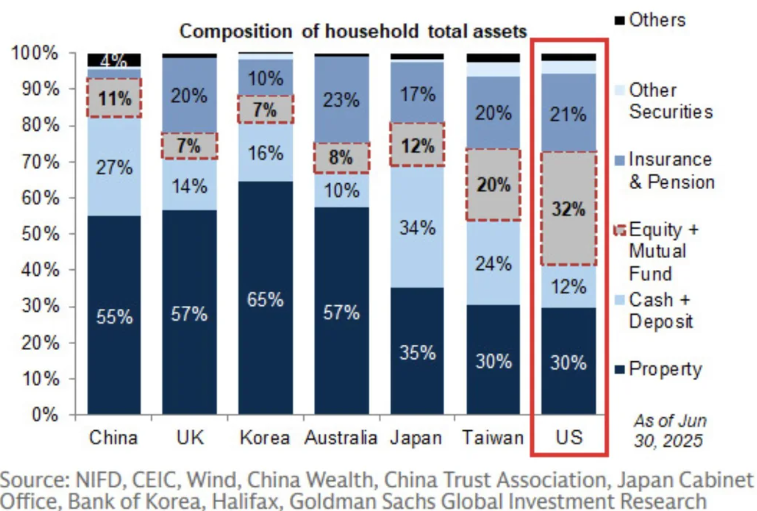Colin Read • June 15, 2023
An Almost Unlimited Potential for Mischief - June 18, 2023

There are some things upon which all economists agree. Efficiency is enhanced if information is good. In 1776, Adam Smith, the patriarch of economics, vaunted the market system and perfect competition precisely because the accuracy and availability of information teases the best out of the competitive spirit. In that same year, the founding fathers of the United States staked a Declaration of Independence that enshrined the innate ability of humans to thrive when we are given life, liberty, and the pursuit of happiness.
From these lofty principles we realize that the marketplace for ideas works best when we can determine the accuracy and relevance of various views, just as we can exercise our economic liberty when we can glean the value of products we purchase.
Products are sometimes so complex and multi-dimensional that it is difficult to discern quality and value. In such cases, consumer protections, statutory protections, or even such provisions as building codes and home inspections provide us with the information and comfort necessary for us to make good choices.
We do not always possess these discerning skills ourselves, so we often hire professionals to represent us. We can also rely on the judgment of trusted individuals whom we feel have more insights than we do. Lawyers, respected journalists, experts, and others help us process information.
The Internet age has replaced much of that expertise. Just as we once trusted Walter Cronkite or Knowlton Nash (for my Canadian friends) to help determine what we must know and discern the accuracy of information that swirls around us, now we trust that mediation process to faceless people on the Internet. It is a new democracy of ideas that has replaced the democratization of information that the First Amendment was designed to foster.
The information we see on the Internet has not been vetted for its accuracy, though. Instead, it is vetted by a combination of its popularity and ubiquitousness. The most popular and most often tapped information is that which is presented most sensationally and provocatively. It is also the most reinforced by endorsement of the greatest number of people who read and “like” each iota of information.
This is a very new market than the expert-moderated markets of yore. Information that is popular does not mean it is correct. Many people still believe the Earth is flat and Neil Armstrong did not walk on the Moon. Kooky ideas can grab the attention of people who view life in terms of conspiracies. This form of information democratization is perhaps not really new, but it is much more common in the age of the Internet.
Here then is the clear and present danger of Artificial Intelligence. There was a time when bad actors planted false information. A notorious Russian counter-information group funded by the Wagner oligarch Yevgeniy Prigozhin, called the Internet Research Agency, employed hundreds of people to create false websites and Facebook pages, and “like” sites to amplify their access.
Now, with AI, the cost of misinformation has come down dramatically and its eloquence and sophistication has risen substantially. Gone are the days when we could easily discern a false post because it sounded like a Wagner employee trying to sound like an American as he attempts to influence a U.S. election.
Now, all a malicious actor must do is instruct a sufficiently advanced AI program to “author 500 different essays, each of which claims that politician X has done some nasty things, and post these short 250 word essays on 500 different Twitter or Facebook accounts.” And, be sure to do it in perfect English, with sufficient cultural touchstones to sound genuinely American.
AI acts as a power multiplier that flies in the face of the democratization of information where we each have an equal say and any one of us can pontificate from our soapbox in the metaphorical town square. Now one actor can command myriad voices, but all the while give the impression that these voices are independent. What would at one time require the resources of a Russian oligarch can now be performed in seconds. The cost to correct such malicious misinformation would be enormous, especially compared to the almost zero cost to poison the information spectrum. Anyone who has had their identity stolen knows how easy it is for identity thieves to create huge headaches, and how costly and almost impossible to fully rectify their mischief.
We have already seen this danger, in the 2016 elections and in every election ever since. There are no reasonable ways to remedy these problems. In economics, we call this a market failure. However, in this case we don’t apply the concept to a market for lemons like bad stocks or flawed automobiles. The market for information we rely upon in democracies and in the perpetuation of cultures is increasingly poisoned by those who wish to undermine nations and peoples.
Given that the Internet enables people to be completely anonymous or create profiles that are entirely false, and the ability of AI to either synthesize or fabricate information as we instruct them to do (for now), there is probably little that can be done in a free society to counteract such an overwhelming challenge. An even greater challenge may be when AI decides by itself how it may want to direct our democracies and personal autonomy.









